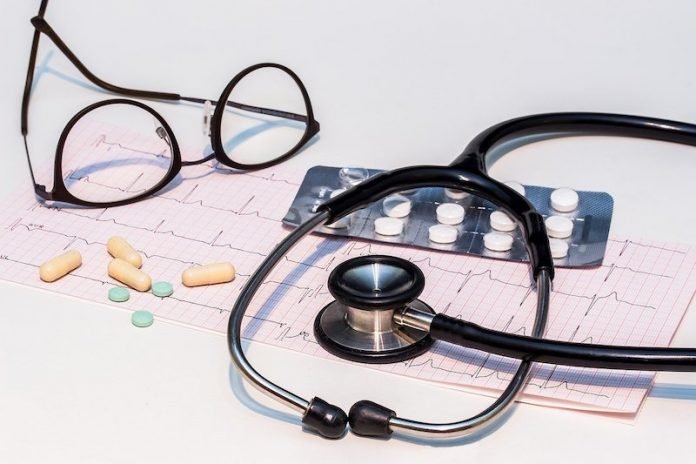
In a recent study published in the New England Journal of Medicine, researchers found that low- or regular-strength aspirin is equally safe and effective for preventing additional heart problems and strokes.
The study is from Duke University. One author is Dr. Schuyler Jones.
Aspirin helps prevent blood clots, but it’s not recommended for healthy people who have not yet developed heart disease because it carries a risk of bleeding.
Its benefits are clear, though, for folks who already have had a heart attack, bypass surgery or clogged arteries requiring a stent.
In the study, the team examined 15,000 people who received invitations to join through the mail, email or a phone call and enrolled on a website.
The participants were randomly assigned to take low- or regular-dose aspirin, which they bought over the counter. Nearly all were taking aspirin before the study began and 85% were already on a low dose.
After roughly two years, the team found about 7% of each group had died or been hospitalized for a heart attack or a stroke.
Safety results also were similar—less than 1% had major bleeding requiring hospitalization and a transfusion.
Nearly 41% of those assigned to take the higher dose switched at some point to the lower one.
The team says the study provides valuable guidance. If patients are taking low-dose aspirin now, they need to stay on that dose instead of switching is the right choice.
People doing well on 325 milligrams now may want to continue on that and should talk with their doctors if they have any concerns.
People need to remember that aspirin is a medicine and that even though it’s sold over the counter, patients shouldn’t make decisions on its use by themselves.
If you care about heart health, please read studies about statins may do double duty on heart disease and cancer and findings of common early sign of heart disease may also mean high cancer risk.
For more information about heart diseases, please see recent studies about an easy way to prevent heart disease, reduce cholesterol and results showing two effective ways to quickly restore normal heart rhythm.
Copyright © 2021 Knowridge Science Report. All rights reserved.



